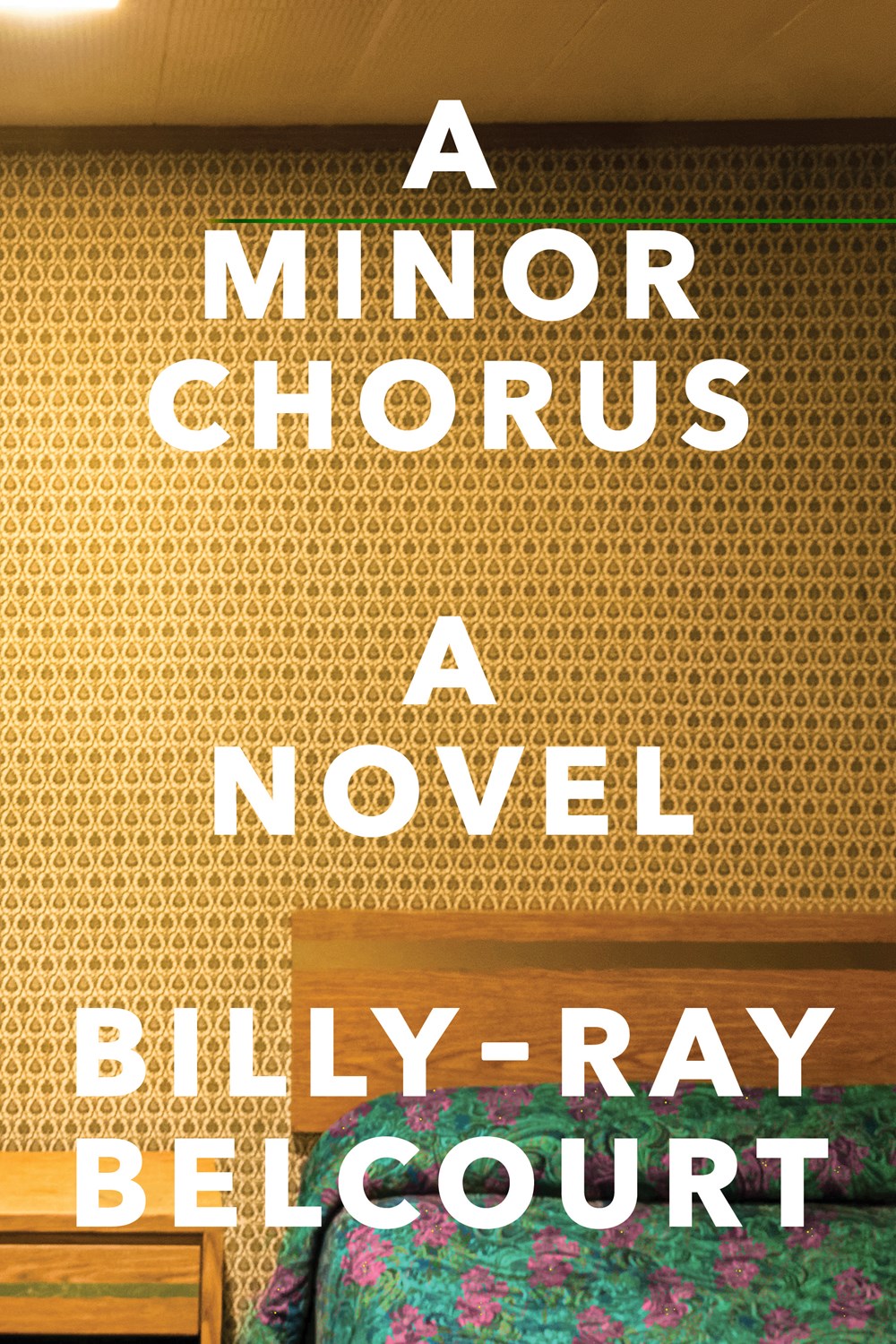2018 School Spending Survey Report
 DEBUT With his first novel, wunderkind Belcourt cements what has become increasingly clear across two poetry collections and a memoiristic book of essays: he is a fearless writer. Even the designation “novel” feels like a misnomer for a work as fluid as this, one that has far more in common with his poems and essays than any more traditional novel construction. Following an unnamed narrator who absconds from the “neoliberalizing machine” of academia to return to his home reservation to “represent the lives of queer and Cree people without the constraints of scholarly norms” and to “show that the disregarded sometimes live the most remarkable lives,” the narrative remains defiantly unbridled by any restrictive modes of fiction. The guiding thread comes through the narrator’s interactions with friends, family, and the past writ large, gifting readers a blisteringly intelligent and fiercely intimate deconstruction of the art of writing and an act of existential questing as “story.” “Novels can feel like they “frame human existence and sensation so narrowly that a character can appear to be trapped in a structure without agency,” says the narrator, and Belcourt’s thrilling refutation registers less as minor chorus than symphony.
DEBUT With his first novel, wunderkind Belcourt cements what has become increasingly clear across two poetry collections and a memoiristic book of essays: he is a fearless writer. Even the designation “novel” feels like a misnomer for a work as fluid as this, one that has far more in common with his poems and essays than any more traditional novel construction. Following an unnamed narrator who absconds from the “neoliberalizing machine” of academia to return to his home reservation to “represent the lives of queer and Cree people without the constraints of scholarly norms” and to “show that the disregarded sometimes live the most remarkable lives,” the narrative remains defiantly unbridled by any restrictive modes of fiction. The guiding thread comes through the narrator’s interactions with friends, family, and the past writ large, gifting readers a blisteringly intelligent and fiercely intimate deconstruction of the art of writing and an act of existential questing as “story.” “Novels can feel like they “frame human existence and sensation so narrowly that a character can appear to be trapped in a structure without agency,” says the narrator, and Belcourt’s thrilling refutation registers less as minor chorus than symphony.
VERDICT Less traditional “novel” than a ruminative constellation of ideas regarding colonial trauma, heteropatriarchy, and the innate sociality of writing; Belcourt’s boldest, freest, and most linguistically assured work yet.
ALREADY A SUBSCRIBER? LOG IN
We are currently offering this content for free. Sign up now to activate your personal profile, where you can save articles for future viewing




Comment Policy:
Comment should not be empty !!!